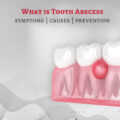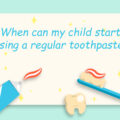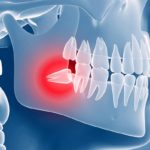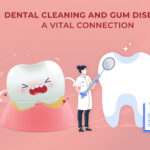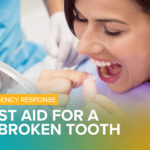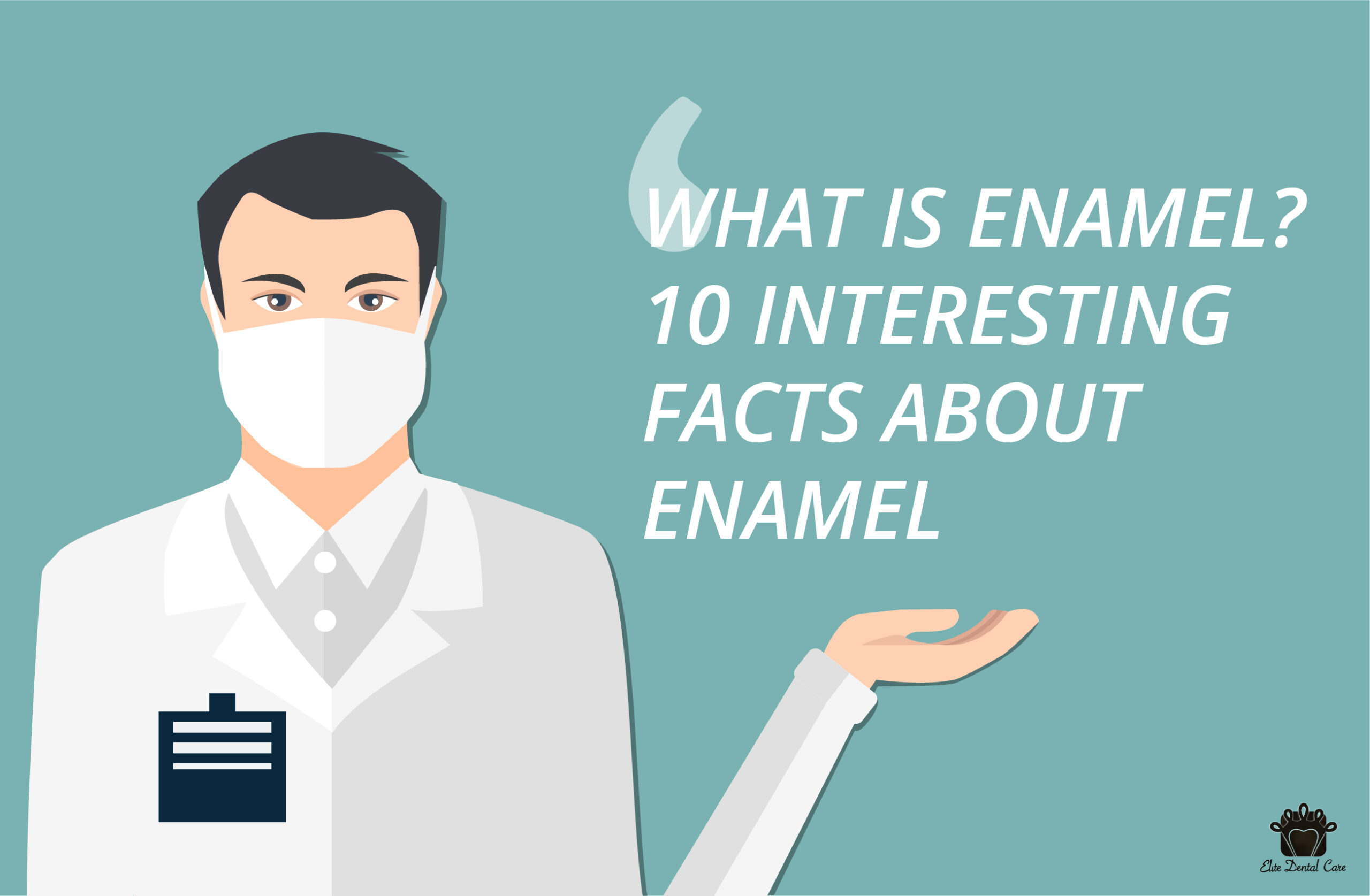
Uncategorized
edental
23 October 2020
Ten Interesting Facts about Enamel – Elite Dental Care Tracy
Teeth are the hardest substance of our body that gifts us a beautiful smile!!
Teeth look tiny because only two-thirds of the teeth are visible, and gums cover the rest of the portion, their actual size is big. Gums and teeth need equal care for the oral health care regime. Take proper oral care, do not miss brushing twice a day, flossing regularly, and regular dental check-ups. If you ignore dental health and neglect oral care, that means you are hosting the dental issues that affect the health of the teeth. While the health of your teeth deteriorates, the damage begins with the first layer of the teeth called Enamel. If it gets damaged completely, then dentists say that 80% of the teeth are prone to dental issues.
Now, let’s give a glace on what is Enamel and what role does it play in dental health.
Enamel: Enamel covers the while anatomic crown of the teeth. It is a thin, hard, translucent layer of calcified tissue and is the most mineralized tissue of the body. It varies in quality ( thickness, hardness) and so in color from tooth to tooth and person to person depending upon the mineral structure quality and surface stains.
Structure: Enamel does not consist of any blood or nerves flow in it, yet it can withstand strong masticatory forces. Enamel is hard in texture because it is a mixture of inorganic particles. It composes of 95% to 98% of calcium, phosphates, and ions that add up to make hydroxyapatite crystals. Ameloblasts formed by epithelial cells form Enamel, which breaks down before the eruption of the teeth from the gums.
That is why Enamel cannot repair or regenerate itself. Enamel is the first protective layer on the teeth that saves the teeth from harmful bacteria and acids that damage the teeth health.
Here are ten surprising facts about Enamel that show the significance of its presence on the teeth:
Enamel formation and development: Formation: Enamel development has two major functional phases:
- Secretory
- Transition or Maturation.
Secretory phase:
This stage has soft-cheesy like consistency. The ameloblasts secrete large amounts of Enamel matrix proteins as they move away from dentin, which thickens the nascent Enamel layer.
Transition or Maturation phase:
This stage includes an initial transition pre-stage. At this stage, the morphology and function of Enamel organ cells change. Final maturation begins with final proteolytic degradation, removal of secretory matric components replaced by tissue fluid. Crystals grow both in size and shape until they abut each other and occupy most of the tissue volume.
- Enamel is well built, yet needs oral hygiene:
Tooth enamel is one of the sturdy substances in the human body. If this protective layer is not durable, our teeth would be at high risk of dental health concerns. We should be thankful for the strength of the Enamel, as it provides dental health. Though it is strong, it is vulnerable to abrasion, and that is why it is essential to maintain oral hygiene and dental care.
- Minerals strengthen the Enamel:
Minerals like calcium, phosphate is the secret that strengthens the Enamel. Though these minerals make the Enamel remarkably buoyant, it needs extra support from the minerals like fluoride that we intake through water and food. That is why dentists recommend consuming fluoride through water or fluoride treatments if you have a deficiency.
- Enamel is not invulnerable:
Even though the Enamel protects the teeth, but it can break, crack, and chip because minerals have Kryptonite that generates acid-producing bacteria. When your Enamel exposes to sugars or other acid-generating foods, the supporting minerals war with the bacteria, but if the strength of the bacteria is more than the minerals in the Enamel, erosion starts and damages the Enamel.
- Effects on Enamel:
Regardless of the strength of the Enamel, its health depends upon the pressure you apply on the teeth. If the pressure is continuously excess, it will wear and tear the Enamel. Brushing teeth too hard or overbrushing weakens and leads to chipping or erosion.
- Enamel Growth is Irreversible:
The bad news is Enamel cannot regrow once it is lost. The wear down of the Enamel only has artificial treatment. So, instead of going through all the treatment havoc, it is suggestible to take proper oral care and prevent poor dental health.
- Beautiful Smile:
Enamel is a white translucent material that adds shine and beauty to the teeth and beautifies your smile. If there is no proper care, the Enamel loses its shine and strength, and your smile will last no longer beautifully attractive, which disturbs your confidence in interaction in your social and personal life.
- Discoloration of teeth:
Dentin is the second layer of the teeth that lie beneath Enamel, and it is sensitive, unlike Enamel. Dentin has three layers and is a mixture of minerals, organic materials, and water. Its natural color is typically grey or yellow. If the Enamel starts tearing, it exposes the inner layer called dentin that discolors the teeth. Therefore, if you observe any color change in your teeth, consult your dentist immediately because it might be Enamel wear and tear.
- Tooth Sensitivity:
Tooth sensitivity is the pain in teeth when exposed to air and food with extreme cold or hot temperatures. It is the initial phase that indicates the Enamel’s health has started to deteriorate. Proper oral care and scheduled professional help can limit the damage.
- Enamel Formation:
A highly complex developmental process structures the dental Enamel. The development phase of the amelogenesis of the Enamel is under strict genetic control. The size, shape, shade, caries susceptibility, and Enamel microhardness varies or is affected by genetic variation.
The prevention of wear and tear of the Enamel is possible through oral care and hygiene. There are various treatments available for Enamel wear, which depends on the depth of the issue.
To know more information about any dental issues, call us: +1 209 213 7808 or email us: info@theelitedental.com.
